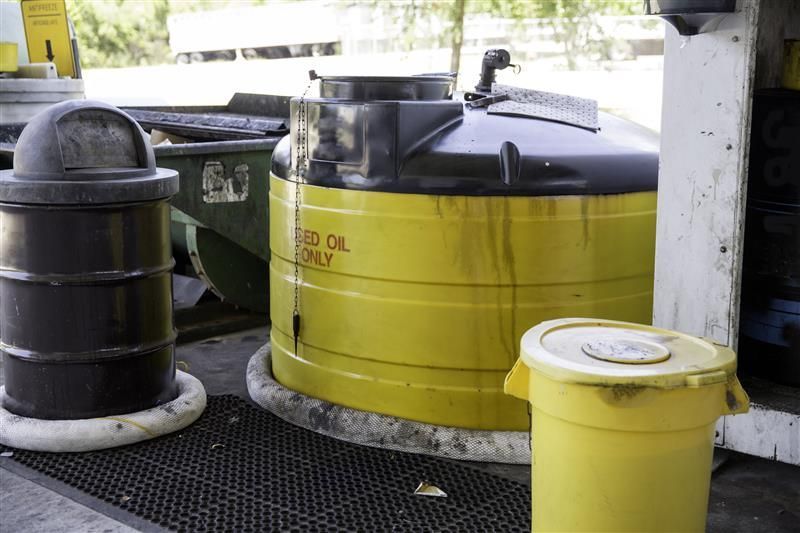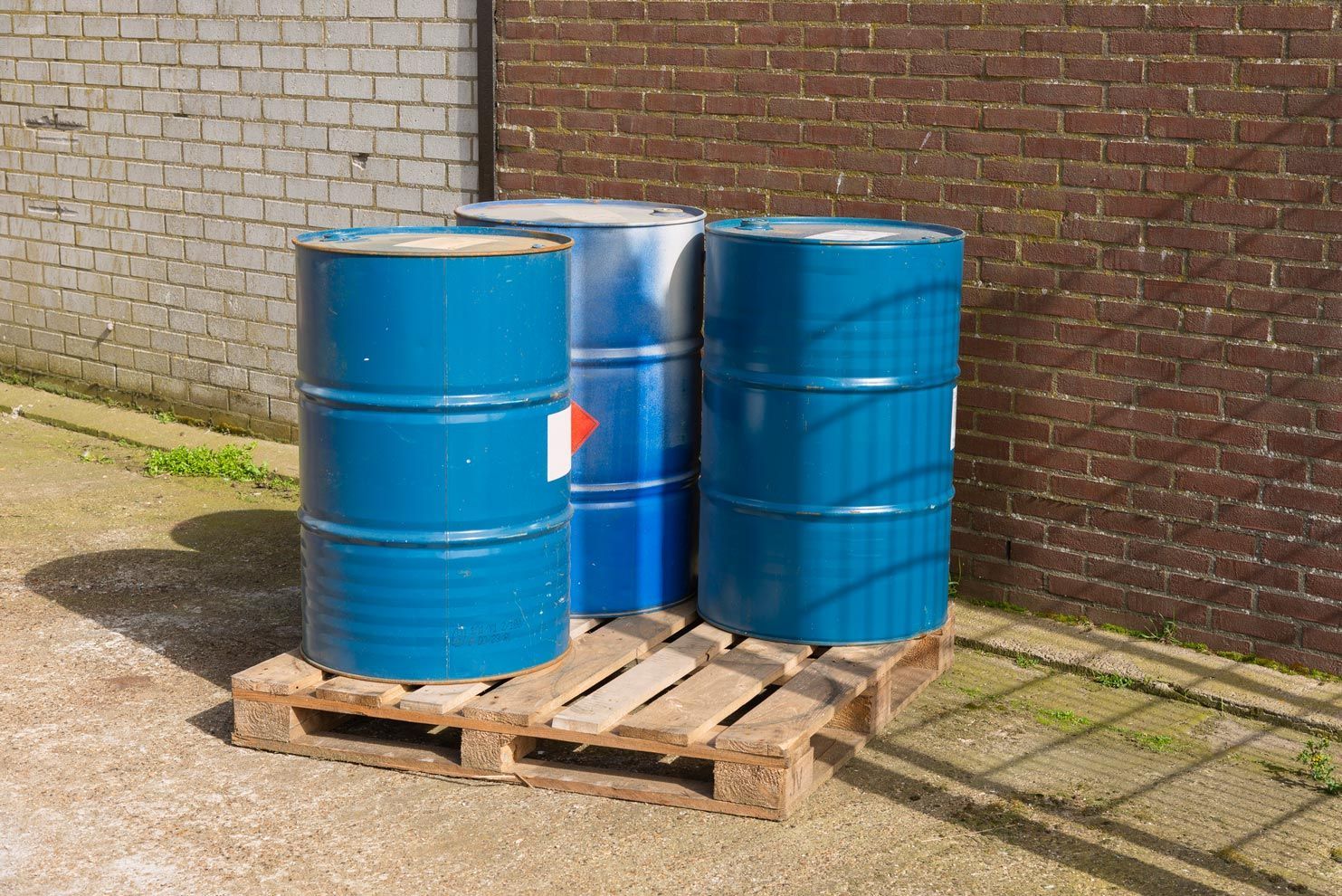Burning Versus Recycling: Why Re-Refined Motor Oil Makes Sense
August 22, 2019

Recycling is not for just plastic and paper, but also for petroleum products. Many companies that produce waste oil will benefit from recycling more than they would with the use of a waste oil furnace. Recycling helps companies that produce large amounts of waste oil make money while it also protects the environment and conserves fossil fuels for future use.
Recycling
Motor oil brought to recycling centers comes from service stations, industrial manufacturers, and trucking companies with fleets to maintain. The material is potentially recyclable if it does not have certain other waste fluids like antifreeze mixed in with the oil.
Recycling companies refine the oil to remove any contaminants, water, and additives in the product. The process is like crude oil refinement that produces oil for vehicles and other equipment.
Re-refined oil, a term used to describe the finished product, is a high-quality oil that typically sells for a price comparable to fresh or virgin motor oils and other lubricants.
Businesses that choose to recycle can do it to help themselves or to help the environment. The following are some outcomes from recycling:
- Businesses no longer need to worry about how to store and dispose of hazardous materials.
- Recycling companies pay the company for the oil they retrieve from the business, so the company makes money on what they may have once paid to throw out.
- Eco-friendly companies tend to earn more money than their less-green competition, according to a study by the Association for Enterprise Opportunity, Green America, and EcoVentures International.
- Recycling saves resources because it takes only one gallon of used motor oil to produce a 2.5 quarts compared to 42 gallons of crude oil.
- Improper disposal of the motor oil from one oil change is enough to pollute one million gallons of water.
- Re-refined oil can undergo the refining process repeatedly to turn it into a raw material or a commercially usable product. This preserves uncollected fossil fuel supplies for future generations.
Overall, recycling is beneficial for your company.
Burning
Waste oil burning is a common method for many facilities that have large amounts of waste oil consistently on-hand. Waste oil furnaces burn used motor oil to produce heat in the same way that a traditional oil furnace heats a home or business. Unfortunately, once a furnace burns the oil, it is gone. The company does not have to worry about disposal, but reuse is not possible.
Traditional furnaces cannot use waste oil due to the impurities and the viscosity of motor oil. The result could cause clogged filters, blocked nozzles, and other issues that make the use of waste oil unrealistic. A waste oil furnace functions efficiently with used motor oil. The furnace can become disabled if the used oil mixes with other fluids. Here are challenges of using a waste oil furnace:
- Businesses must invest in a specific furnace design to begin burning oil.
- The collection and purity of the oil could cause damage to the furnace and lead to repair costs and a loss of heat for the company.
- An inability to collect enough used oil internally forces the business to get used oil from other sources.
- The company must consistently collect and store their oil throughout the year to keep their furnace operational through the winter.
At Denver Oil, our experienced team wants to reduce the amount of used oil that reaches landfills. Let us show you why you should stop throwing out your used oil or wasting a reusable product through burning. Contact us so we can discuss how your waste product could earn you money. Call today for more information.










